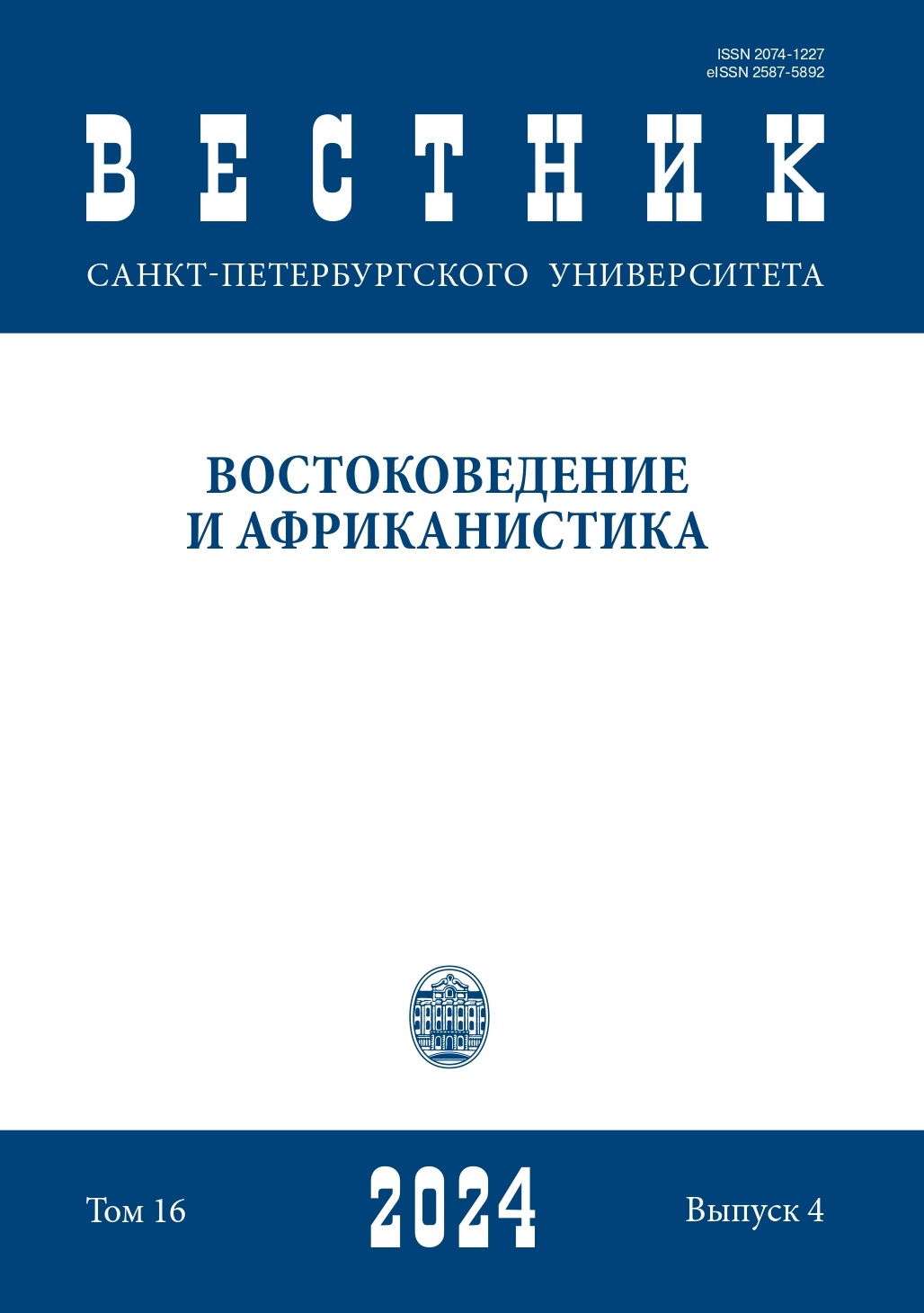Politics in TV Series and TV Series in Politics. Case Study of Turkish Historical TV Shows
DOI:
https://doi.org/10.21638/spbu13.2024.412Abstract
The phenomenon of rapidly growing international popularity of relatively new “Made in Turkey” brand, the TV series, is under the scope of interests of not only art or cinema critics but also journalists, sociologists as well as scholars in the fields of Turkic Studies, Cultural anthropology etc. Thematic peculiarities, perfect performance, gorgeous views of Istanbul and other cities, shown in the films could be considered as clues to the success of Turkish TV shows that are not only means of entertainment for millions of viewers all over the world but, which is more important, functional instrument for representing Turkish culture and lifestyle as well as agitating the ideas and concepts acceptable for the Turkish Government. Thus, TV shows become an important platform for constructing or even reconstructing audience’s perceptions of a wide range of issues including both historical matters and modern situation. This article aims to trace main patterns of utilization of the TV shows as a “soft power” tool, focusing on the Turkish TV shows “Resurrection: Ertugrul” (“Dirilis: Ertugrul”, 2014–2019), portraying the establishment of the Ottoman statehood and “The Last Emperor” (“Payitaht Abdulhamid”, 2017–2021), chronicling the efforts to forestall the decline of the Ottoman Empire and preserve sovereignty. Despite their focus on distinct historical epochs, not only do both series utilize the historical contexts to address issues prevalent in modern Turkey but also serve as a platform to justify the decisions of current authorities and to shape viewers’perceptions and understandings of contemporary social, political problems.
Keywords:
Turkey, TV series, soft power, propaganda, Abdulhamit II, Ertugrul
Downloads
References
Downloads
Published
How to Cite
Issue
Section
License
Articles of "Vestnik of Saint Petersburg University. Asian and African Studies" are open access distributed under the terms of the License Agreement with Saint Petersburg State University, which permits to the authors unrestricted distribution and self-archiving free of charge.





